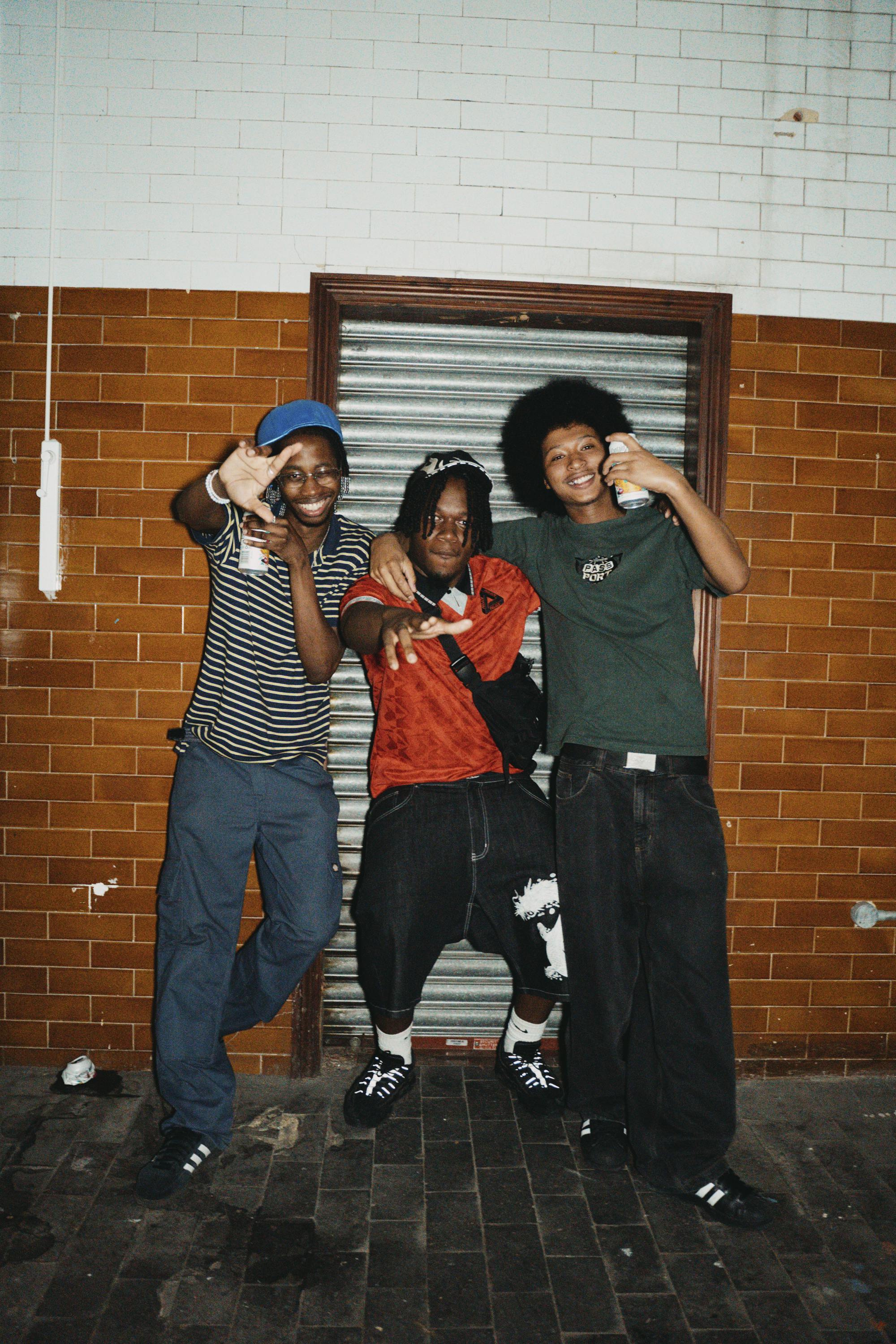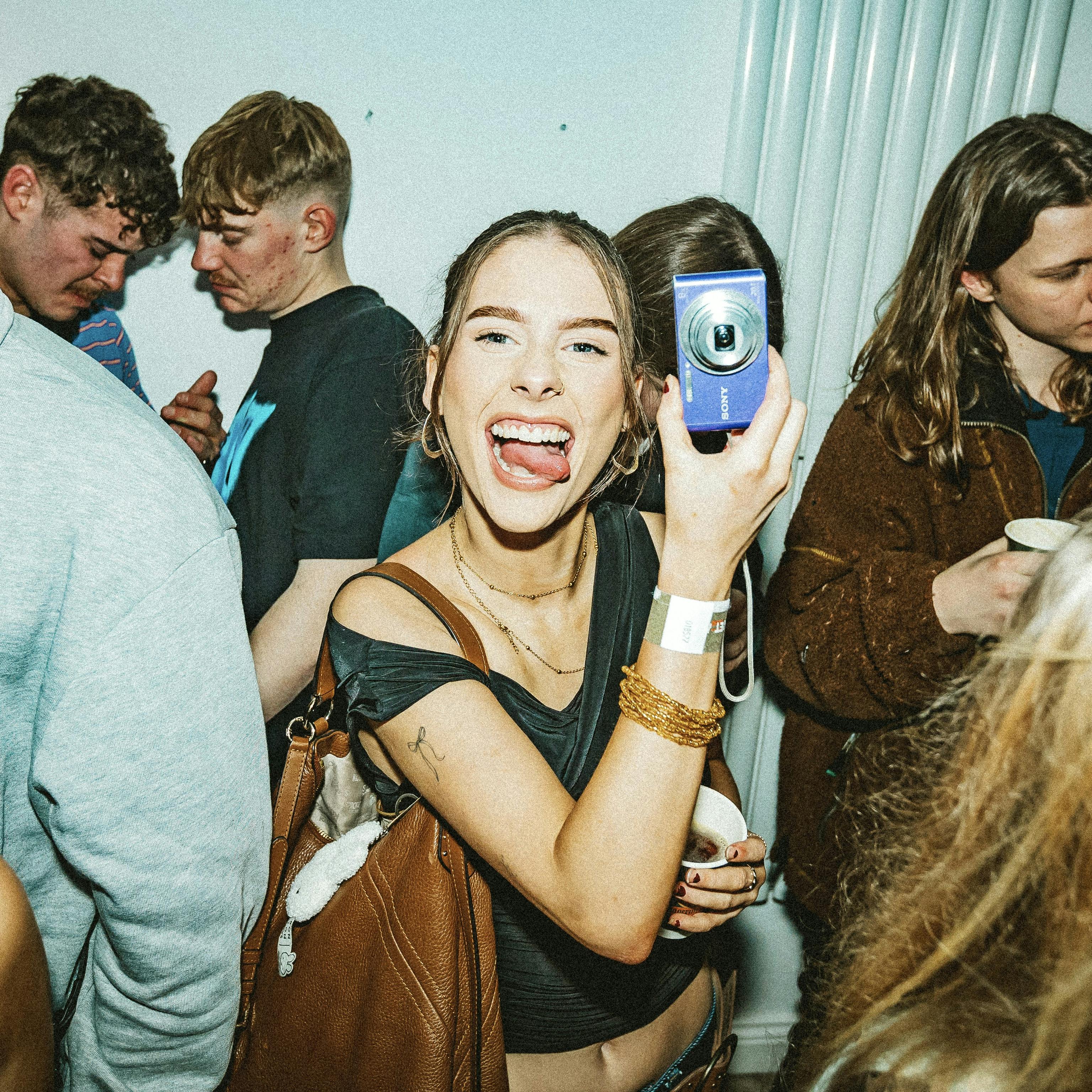Friendfluence Roundtable - How leading brand marketers are rethinking peer-to-peer strategies
This month, we gathered a cross-section of leading marketers in London and New York to delve into the pertinent topic of ‘Friendfluence’, unpacking the impact and importance peer-led strategies can have on brand growth, and what it means for marketers today. This article explores what friendfluence is, the key learnings shared by brand leaders across sectors surrounding how peer marketing can be done right, and the challenges to watch out for. Read on to discover how brands like UGG, Topicals, Diageo and more are prioritising peer-to-peer strategies.




